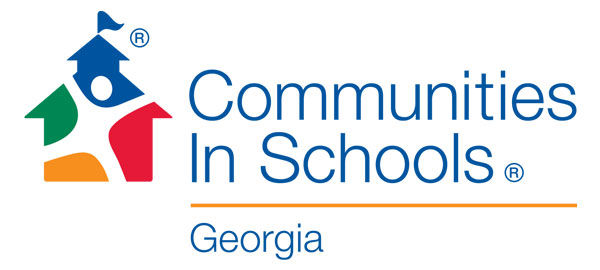Georgia’s graduation rate is on the rise, from 72.5% in 2014 to 78.8% in 2015, an increase for the fourth straight year. The Congressional passage of the Every Student Succeeds Act (ESSA), previously known as the Elementary Secondary School and No Child Left Behind (NCLB) Acts, should help continue the progress because ESSA helps address challenges, particularly at our lowest-performing schools. However, progress can be impeded if we don’t take teachers’ concerns into consideration and provide them with much needed support.
This session of the General Assembly will include reviewing recommendations from Governor Deal’s Education Reform Commission related to the state’s distribution of revenue to schools. Within the proposal is a controversial new teacher’s merit pay plan. It’s been reported that 40% of Georgia’s teachers leave the profession within five years, and any new merit pay proposal could magnify this teacher shortage. I’m not sure how the proposed recommendations are going to play out with our legislators, but what I am sure of is research-based integrated student support services can provide teachers much relief.
Unlike NCLB, ESSA strengthens state and local control of education by providing schools more flexibility to decide what works best for the students and focuses less on standardized tests. Additionally, with the enactment of ESSA, school districts can get welcome financial assistance because it allows use of Title I funding for integrated student supports. Expansion of support services is an effective and cost-efficient use of resources, and such services provide teachers with the collaboration needed to grapple with any changes to the learning environment that may be instituted by the state.
Seeking organizations that have evidence-based student support solutions to improve underserved students’ ability to learn is a way forward . All too often teachers spend an inordinate amount of time focusing on students who struggle academically to overcome learning barriers and those who exhibit disruptive behavior in the classroom. These barriers and disruptive behavior patterns can be the result of anger, trauma, hunger, homelessness, and lack of adequate clothing and school supplies.
One thing I know for sure, and to keep in mind as we implement education reform, is that today’s educational system has remained basically unchanged since the 19th and 20th centuries, yet current economic and social realities are very different. Good paying jobs of the future will require education beyond high school, critical thinking skills, mastery of technology and the ability to solve problems creatively. Teachers need our help to build Georgia’s Talent Pipeline for the 21st Century if we want to position our youth for global success in a changing world. Providing teachers with student supports, particularly for disadvantaged youth who are now the majority in public schools, allows more time to focus on classroom learning and benefits all as we work together to increase graduation rates.
Georgia’s underprivileged youth have the same right to a good education and an opportunity to excel as their more affluent peers. We must support teachers as they work with these at-risk students if we want to continue to increase our state’s graduation rate and strengthen our economy. With the stakes so high, everyone should be concerned about how to get involved and help teachers improve educational outcomes for all. Are you ready to be a part of the solution to help our teachers educate our future workforce? Start today by advocating and supporting organizations that have evidence-based integrated student support services.
